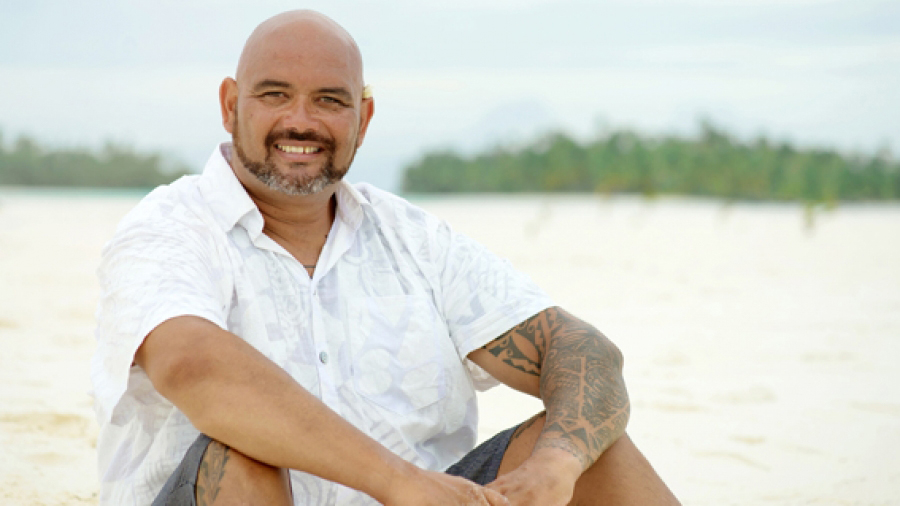Thomas Wynne: Remembering the price of our freedom
Saturday 27 April 2024 | Written by Thomas Tarurongo Wynne | Published in Editorials, Opinion

Columnist Thomas Tarurongo Wynne. Photo: CI NEWS/16040843
As we gathered like many did around commonwealth countries, in squares and parade grounds, memorials to the dead and wounded, we remember also that freedom is paid by someone, somewhere and sometime – it is never for free, writes Thomas Tarurongo Wynne.
When anything in life is free, we just didn’t pay for it, someone else did instead. And on Thursday like we have done in the Cook Islands since the Great War, we remembered the price of that freedom.
As we gathered in Avarua around the Cenotaph of remembrance, others gathered in Niue, in Samoa, in Tonga, and in other Pacific countries as well as Aotearoa. And as a delegation from Arras touched down in Rarotonga and Aitutaki next week, we remember also the town of the now infamous tunnels. Inscribed in stone, our young men carved their names into that French town’s history, where many shed their blood, sweat, and tears, fighting in tunnels and battles on other lands and for others’ freedom.
When the town of Arras remembers their freedom, they too think of the cost for that freedom and that men from the Cook Islands left their homes, their plantations and families, and sailed on ships to a cold New Zealand. Then they spent weeks as they trained and then gathered again on ships to France, Egypt, Gallipoli to dig tunnels and carry ammunition to front lines and battles raging across a broken and splintered Europe.
A Europe that knew little of this country in the middle of the moana or its men, or their sacrifice and journey, but they knew of their bravery and their commitment to the greater cause. Even if it meant the greatest sacrifice and price to pay, the ultimate price for some, so the people of Arras and France, Europe and the world could be free.
Freedom is now etched into the tunnels of Arras and the monuments and gravestones scattered across the Cook Islands from Pukapuka to Atiu, Aitutaki to Mangaia of men who would not see the dawn of that new day and new found freedom that we celebrate today.
For whatever reason our men enlisted and joined the ranks of expeditionary forces, from the Great War to those serving today around the world. It is this deep sense of service and sacrifice, intimately woven into the fabric of who we are, that causes us to offer ourselves as the price when freedom demands it. Nonetheless, we as humanity are left with the question, why should freedom cost us in lives, and why must it be paid in the blood of our sons and daughters?
It was once said that humans find unity in chaos, purpose in war, and honour in battle. It is our human curse that we flourish when in conflict and war. We find our voice together and sing now anthems to celebrate our sons and daughters killed in battle fields from Turkey to France and the Middle East. But why not peace as a rallying cry? Why can we not find unity in making peace and not war, and in fighting for continued peace and not continued conflict?
What a world we would live in if we built memorials to celebrate the enduring peace of humanity and not the cost to preserve it. What a memorial we would build and stand around if it was for the bond of humanity we share and not what makes us different. Maybe when men decide to no longer be drunk on the elixir of power, or intoxicated at the opportunity of conquest or wealthy at the filthy lucre of money and resource to build war machines and bombs, we can finally celebrate peace and not the cost of war.
Until then, we will gather for Anzac Day and remember them, we will stand with the people of Arras in France, we will listen to the bugle blow the Last Post, sing national anthems and say “auraka tatou kia aka’ngaropoina” – Lest we forget them and lest we forget the heavy price of that freedom. Lest we forget.














































